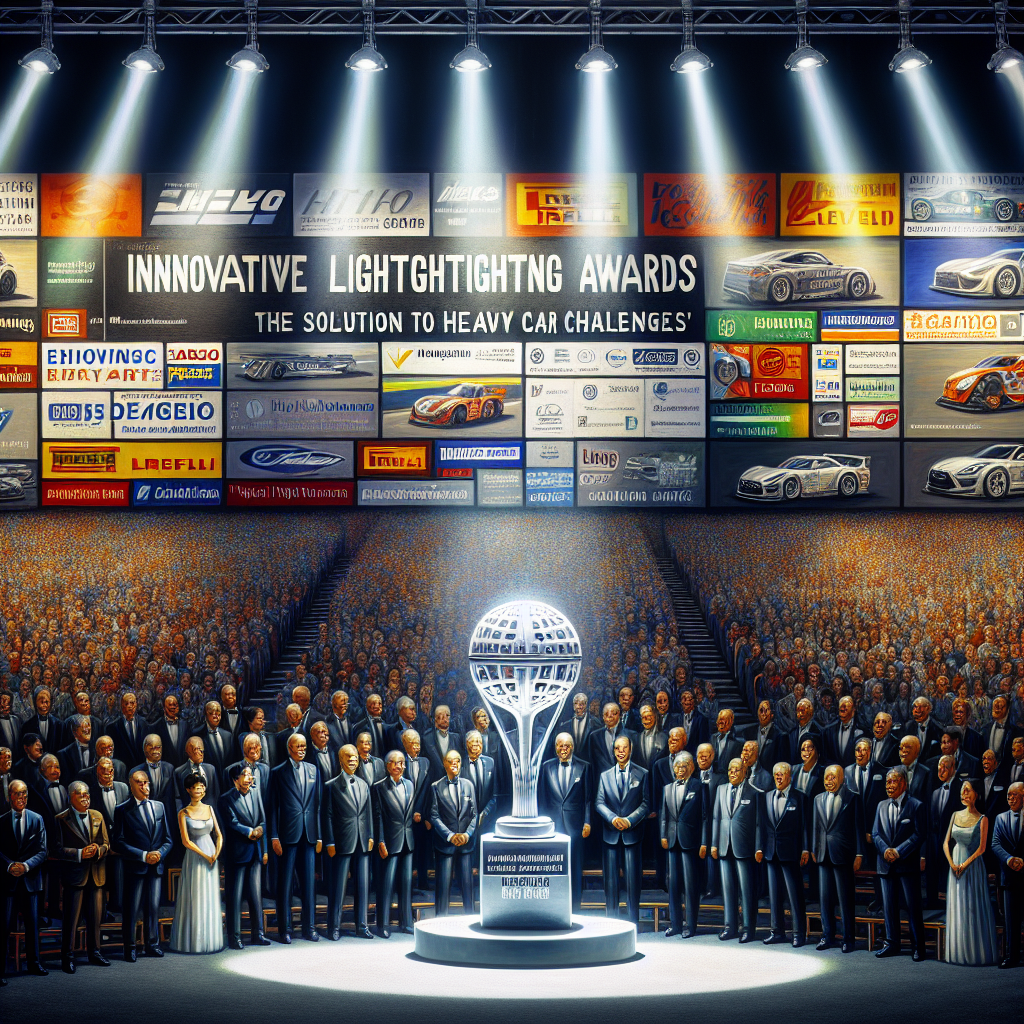In the quest for enhanced vehicle safety and improved performance, the automotive industry has faced a significant challenge: increased vehicle weight. Modern cars, particularly electric vehicles (EVs), are heavier than ever, primarily due to advancements in safety features and the substantial mass of battery packs. As vehicles tip the scales at over 5,000 lbs (2,267 kg), the industry seeks innovative solutions to counteract this trend.
One beacon of hope is the Altair Enlighten Award, an annual accolade that celebrates groundbreaking achievements in vehicle lightweighting and sustainability. This award, presented by Altair in collaboration with the Center for Automotive Research, highlights pioneering efforts by automakers and suppliers to reduce vehicular weight and environmental impact.
The Impact of Vehicle Weight on Efficiency
The weight of a vehicle directly influences its efficiency and environmental footprint. Heavier vehicles require more energy to move, which translates into increased fuel consumption for traditional vehicles and reduced range for EVs. The challenge is particularly acute for electric vehicles, where the battery pack is both a critical component and a significant weight contributor.
To address these challenges, the industry has turned to lightweighting strategies. These involve using advanced materials and innovative design techniques to reduce vehicle weight without compromising safety or performance. By exploring materials such as high-strength steel, aluminum, and carbon fiber, manufacturers aim to produce lighter, more efficient vehicles.
Spotlight on Lucid Motors: A Dual Award Winner
Among the notable recipients of the Altair Enlighten Award is Lucid Motors, a company that has distinguished itself with remarkable achievements in sustainable automotive technology. Lucid Motors received accolades in two distinct categories, showcasing its commitment to innovation and sustainability.
Lucid Motors earned the Sustainable Computing prize by revolutionizing the way car development is approached. By integrating design iterations within existing CAD environments, Lucid has streamlined the development process, reducing the need for multiple tool changes and thus enhancing efficiency.
Moreover, Lucid was recognized with the Responsible AI prize for its innovative use of artificial intelligence in crash testing predictions. By employing AI to simulate crash testing, Lucid can predict outcomes well before physical prototypes are constructed. This approach not only reduces the number of physical iterations but also minimizes material waste, supporting both environmental and economic sustainability.
The Future of Automotive Lightweighting
The automotive industry is at a pivotal moment, where the balance between safety, performance, and sustainability must be carefully managed. The Altair Enlighten Award serves as a platform to showcase how companies are meeting these challenges head-on. With continuous advancements in materials science and digital technologies, the future of lightweighting looks promising.
As automakers strive to create vehicles that are not only safer but also more environmentally friendly, the insights gained from award-winning innovations like those from Lucid Motors pave the way for a new era of automotive engineering. This shift towards lightweight, efficient vehicles is crucial for reducing the automotive industry’s carbon footprint and aligning with global sustainability goals.
FAQ
What is the Altair Enlighten Award?
The Altair Enlighten Award is an annual recognition that celebrates advances in vehicle lightweighting and sustainability. It is presented by Altair in collaboration with the Center for Automotive Research.
Why is vehicle lightweighting important?
Lightweighting is crucial because it enhances vehicle efficiency by reducing energy consumption. This is particularly important for electric vehicles, where reducing weight can lead to increased range and better performance.
How has Lucid Motors contributed to automotive lightweighting?
Lucid Motors has made significant contributions by integrating sustainable computing methods and utilizing AI for crash testing predictions. These innovations have resulted in more efficient development processes and reduced material waste.
What materials are commonly used in lightweighting strategies?
Common materials used in lightweighting include high-strength steel, aluminum, and carbon fiber. These materials are selected for their strength-to-weight ratio, which allows for weight reduction without compromising safety.
How does vehicle weight affect electric vehicle performance?
In electric vehicles, weight plays a critical role in determining range and efficiency. Heavier vehicles require more energy to move, which can decrease the vehicle’s range and overall efficiency.


